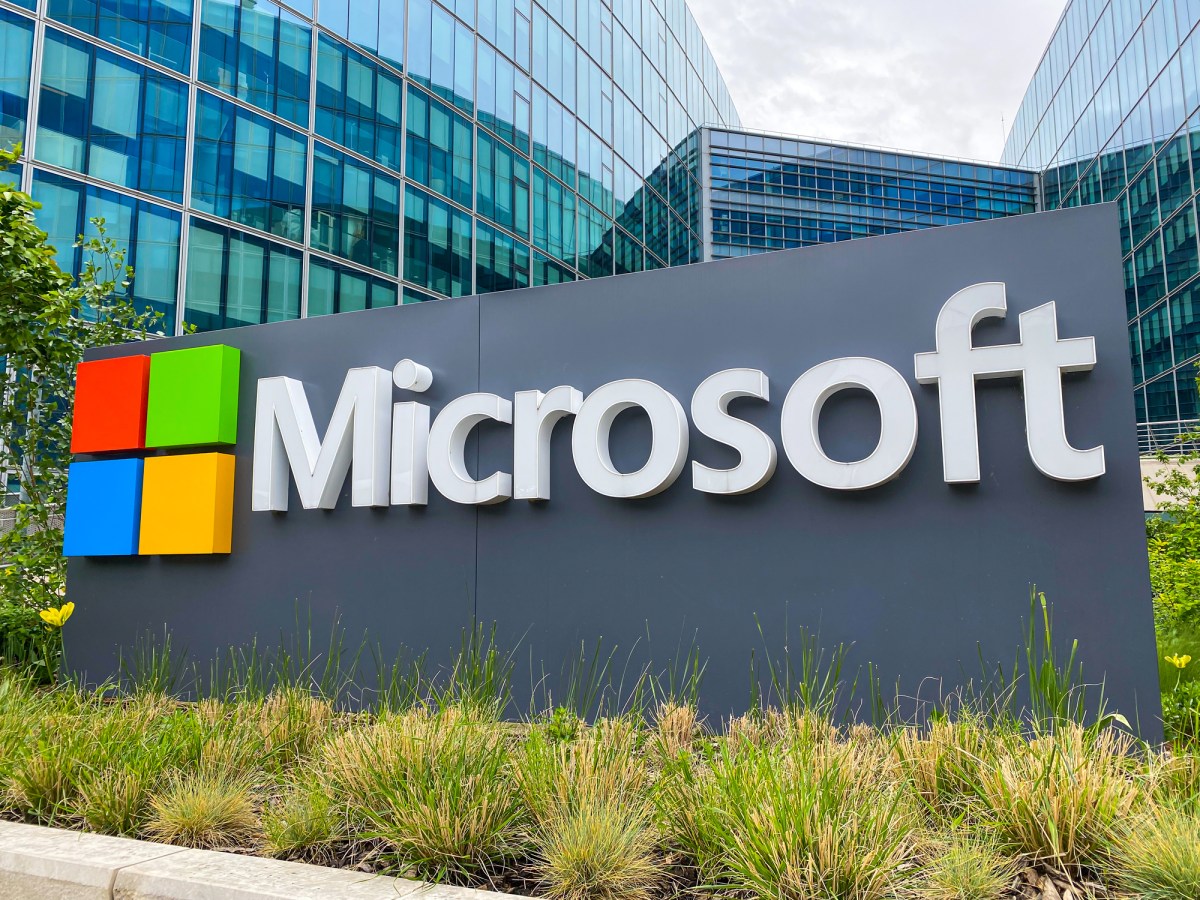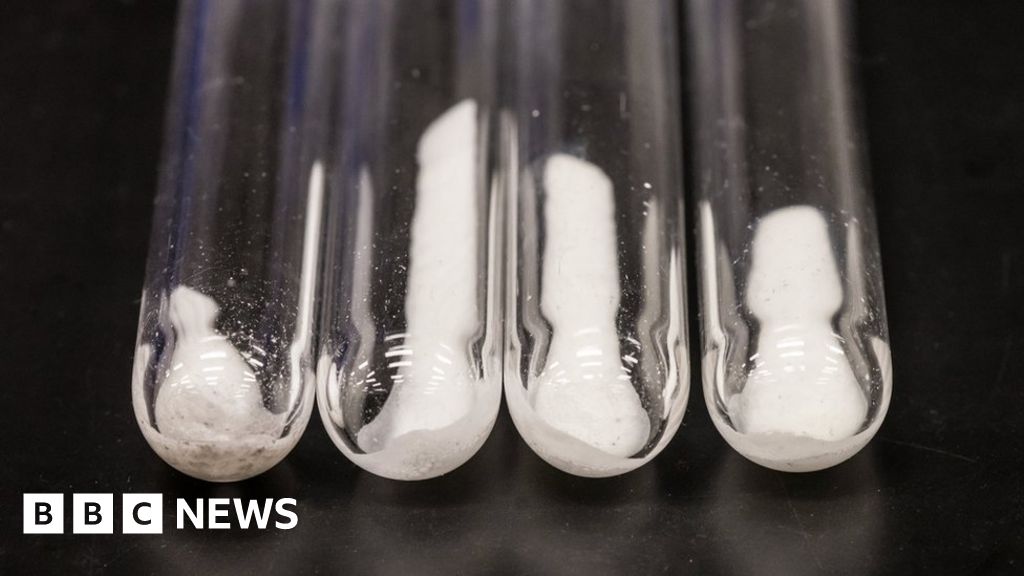AI: Newly-Discovered Material Could Reduce Lithium Use in Batteries

The Facts
Scientists have found a novel material that has the potential to reduce lithium use in batteries by up to 70% with the use of artificial antelligence (AI), as well as supercomputing.
On Tuesday, the Pacific Northwest National Laboratory announced alongside Microsoft that their partnership had found a new type of solid-state electrolyte. Compared to current lithium-ion batteries, this substance may also reduce the likelihood of a battery catching fire.
The Spin
Narrative A
Microsoft’s cutting-edge AI technology continues to lead the world to new scientific horizons and possibilities. The discovery of a new material that holds the potential to be used to create batteries that use vastly fewer resources is a major breakthrough. With a new era of science just getting started, the company's contributions to bettering humanity are just getting started.
Narrative B
The potential for artificial intelligence to progress scientific discoveries is undeniable, but given how quickly the technology is evolving, it might be a good idea for the government to impose the precautionary principle, which places the burden of proof on innovators to prove their work won't cause unintended future harm. This is a promising discovery, but more caution is warranted.



/cdn.vox-cdn.com/uploads/chorus_asset/file/25213974/How_AI_and_high_performance_computing_are_speeding_up_scientific_discovery_4_.jpg)

